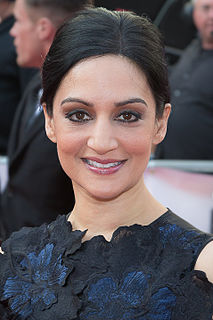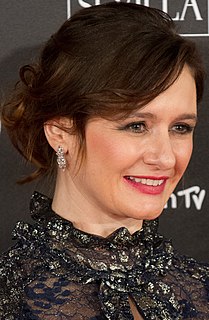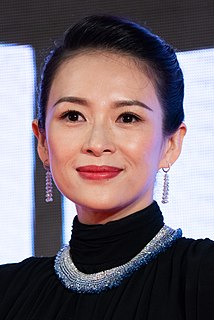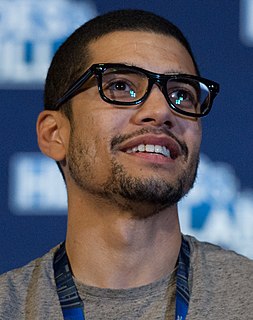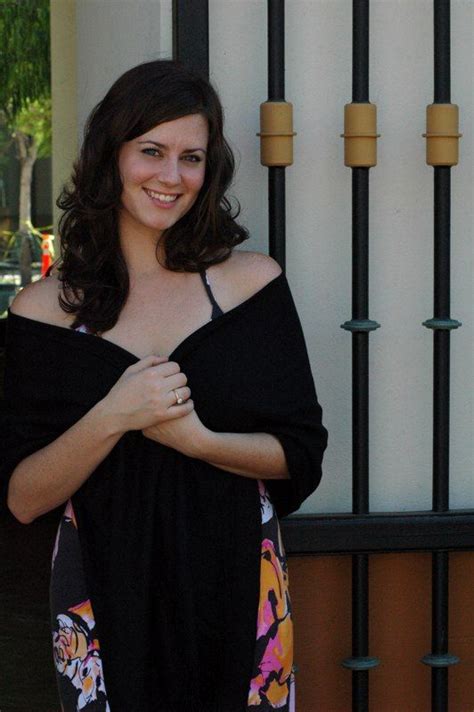A Quote by Archie Panjabi
Since I was a baby my goal was to be on TV because film was just impossible - you never got any Asian women in Western cinema. I grew up wanting to be in 'East-Enders' because film wasn't even a dream. The community were very much like, 'How can you want to act? It's such a low-class profession.
Related Quotes
Film and television are very different. On the TV show, we do seven or eight scenes a day, so time and money are of the essence, and we have zero room for creativity because you've got to do each scene in only five takes. Whereas, on a film, you have an entire day to film one scene, so you have so much time to choose how you want to fill in a scene.
You do the one film that you think is terrible, but it's a big studio film and you hope you'll get another job because of it, because blah blah blah, whatever it is. You know that you hate it, you just couldn't care less if it got made because it's not something in a million years you'd go and see yourself. And it ends up being shite and you just knew it was shite to begin with, and it doesn't do you any favors at all if someone thought you were in another shite film. So I decided it doesn't get me anywhere being cynical. It's not that I want to be.
I just finished a film a few days ago, and I came home and said I learned so much today. So if I can come home from working on a little film after doing it for 45 years and say, "I learned so much today," that shows something about the cinema. Because the cinema is very young. It's only 100 years old.
I really discovered [Dr.Strange] through hearing about this film and first meeting Scott [Derrickson] and getting into it and just opening up and saying, "Okay, this is, like all comics, very much of its era," and my first question was, 'How do you make this film? Why do you make this film now?' and the answers were so enticing that I was like, "I'm in."
I have plenty of dream roles because there is so much I want to do, but my dream year would be to be in a single-camera comedy and then, on my hiatus, film a little low-budget indie drama. That would be a dream 12-month period. A dream role depends on having good material and working with people that I can learn from.
In narrative cinema, a certain terminology has already been established: 'film noir,' 'Western,' even 'Spaghetti Western.' When we say 'film noir' we know what we are talking about. But in non-narrative cinema, we are a little bit lost. So sometimes, the only way to make us understand what we are talking about is to use the term 'avant-garde.'
You go to the cinema and you realize you're watching the third act. There is no first or second act. There is this massive film-making where you spend this incredible amount of money and play right to the demographic. You can tell how much money the film is going to make by how it does on the first weekend. The whole culture is in the crap house. It's not just true in the movies, it's also true in the theater.
